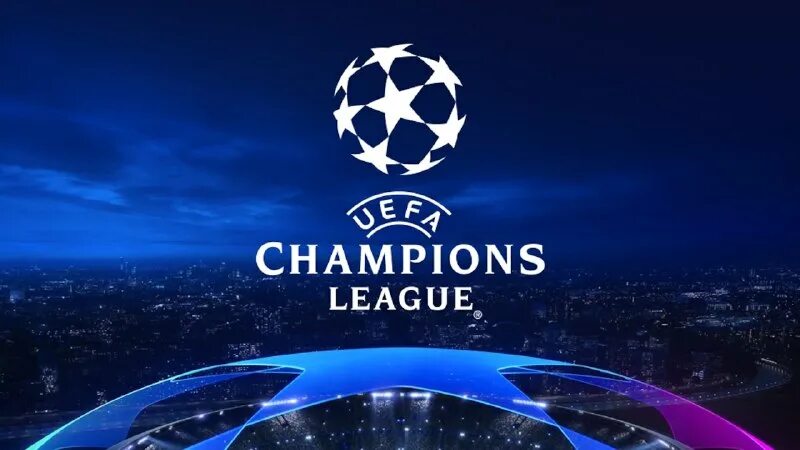
The UEFA Champions League, Europe`s premier club competition, has always been a stage for drama, excellence, and the occasional seismic upset. With its expanded “league phase” format, the spectacle has only grown, inviting football enthusiasts and pundits alike into a truly gargantuan task: predicting the outcome of every single game. A staggering 144 matches unfold, each a thread in a complex tapestry, weaving together a narrative that rarely adheres to script. Indeed, what an endeavor it is, to foresee the triumphs and tribulations of Europe`s footballing elite!
The Delicate Art of Foretelling Football Fortunes
Attempting to predict every Champions League fixture is less a science and more a defiant act of optimism, often performed with a healthy dose of self-awareness. One might boast of past successes, perhaps even accurately forecasting a Manchester City-Real Madrid one-two in a previous season. Yet, such boasts are typically followed by a wry disclaimer: “maybe don`t bet the big bucks on these.” And for good reason, as the beautiful game has an inherent disdain for certainty.
The early rounds of the league phase often serve as a brutal reminder of this unpredictability. While the titans of European football frequently assert their dominance, the initial matchweeks are fertile ground for surprising narratives. Consider the audacious spirit of a team like Copenhagen, who, against expectations, managed to take down a reputable Bayer Leverkusen side still finding its rhythm. Or the delightful shock of Pafos securing an improbable victory against a club of Bayern Munich`s stature. These are the moments that truly underscore the magic of the Champions League – where reputation sometimes takes a backseat to raw determination and a perfectly executed game plan.
Giants Stumble, Then Soar: The Evolution of the League Phase
History suggests that early upsets can be fleeting. While a Kazakh side like Kairat might host Real Madrid, the gulf in class often proves too wide. Yet, the initial struggles of established clubs are not uncommon. Atletico Madrid, known for their steely resolve, found themselves “careening into yikes territory” early on, failing to out-attrition teams like Arsenal. Bayern Munich, too, experienced an uncharacteristic wobble, demonstrating that even the most dominant forces are not immune to the occasional off-day or the relentless pressure of the expanded format.
However, as the league phase progresses, a discernible pattern often emerges. The elite clubs, armed with deeper squads and tactical flexibility, tend to find their stride. Teams like Real Madrid, Barcelona, Paris Saint-Germain, Liverpool, Arsenal, and Manchester City, despite any early stumbles or draws, gradually ascend to the top echelons of the table. Their consistent quality and ability to navigate multiple competitions eventually set them apart, earning them coveted spots and potentially a direct bye into the knockout stages. The narrative shifts from individual upsets to the relentless pursuit of perfection by these footballing behemoths.
The Battle for Survival: A High-Stakes Mid-Table Melee
Beyond the leading pack, the Champions League league phase transforms into a fiercely contested battleground for qualification. The margins are incredibly fine, and every point, every goal, becomes a precious commodity. The fight for 24th place, and subsequently, a spot in the knockout playoffs, can lead to nail-biting finishes. Imagine an agonizing scenario where a storied club like Atletico Madrid could miss out on qualification by the narrowest of margins – a single goal scored, no less. This is where the true drama of the new format lies; not just in the triumphs of the giants, but in the desperate scramble for survival among a host of competent, ambitious teams.
The expanded format also highlights the profound impact of draws. A team might lose only a handful more games than a top-10 contender, but if those losses are coupled with too many draws rather than wins, their league position can plummet. This demands a relentless pursuit of victory, turning every fixture into a high-stakes encounter. The “academic nausea” of detailed statistics quickly gives way to the visceral reality of goal difference and head-to-head records.
Embracing the Beautiful Chaos
Ultimately, making predictions for the Champions League league phase is an exercise in exhilarating futility. The sheer volume of games, the dynamic nature of team form, and the inherent unpredictability of football ensure that no prediction, no matter how meticulously crafted, will ever be entirely accurate. The beauty of this competition, especially in its new format, is its defiance of expectation. It`s a grand narrative that writes itself week after week, filled with unexpected heroes, dramatic collapses, and moments that etch themselves into footballing lore.
As fans, we don`t watch the Champions League for perfectly aligned forecasts; we watch it for the unexpected, the improbable, and the sheer joy of the beautiful chaos it unfurls. And for that, we wouldn`t have it any other way.











